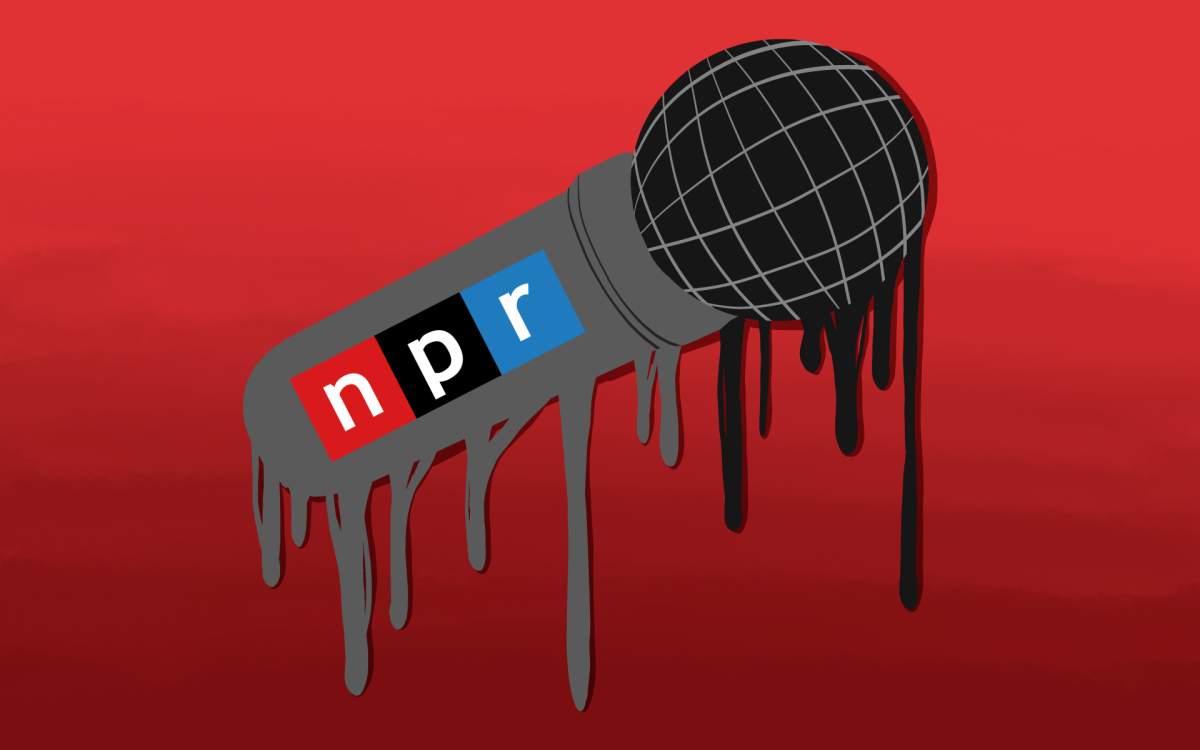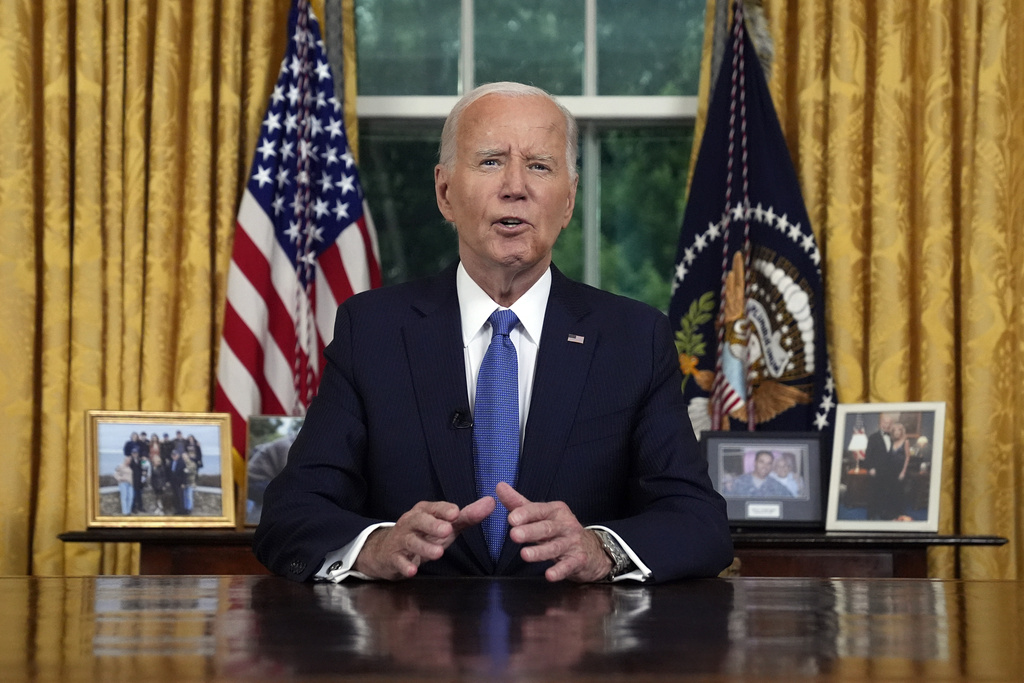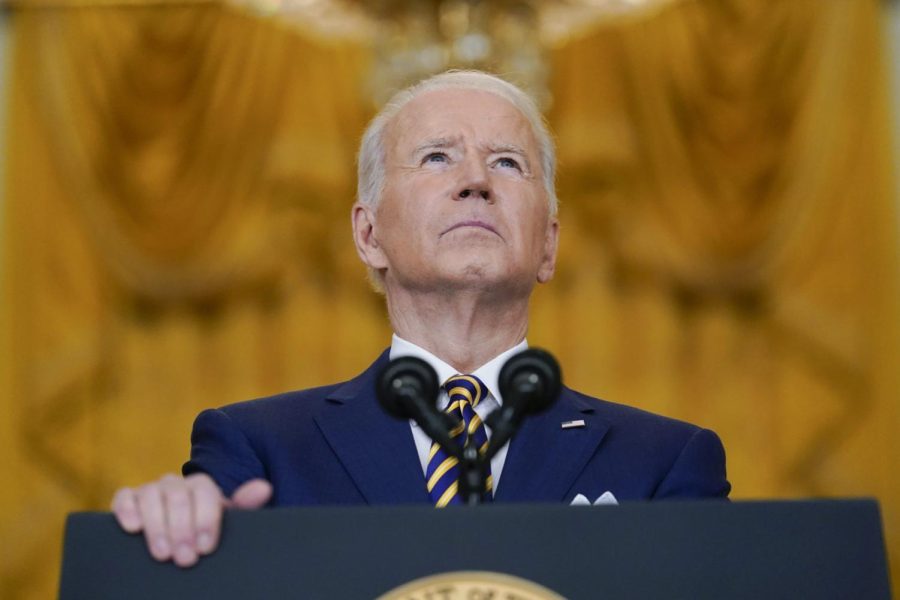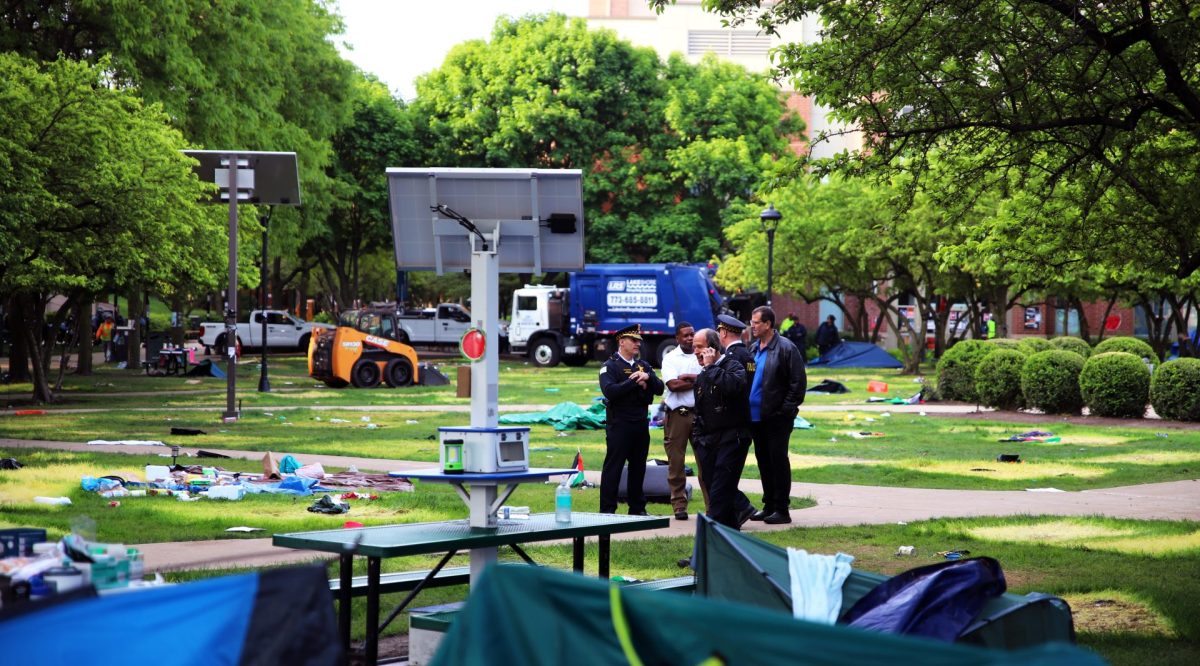When college students think about National Public Radio, the network’s popular “Tiny Desk” show, which features emerging and established music artists, might be the first thing that comes to mind. Could more content like this help save NPR?
A New York Times article published last month reported that there is turmoil within NPR, a radio network founded in 1970 that is funded by sponsors, listeners and the federal government.
The report noted that the nonprofit network is struggling to evolve with the ever-changing media landscape, including competition from podcasts. The NPR audience is still strong, with 42 million listeners a week, but that is a significant drop from the 60 million listeners it had in 2020.
As the audience has dwindled, more sponsors are leaving. According to the Times article, NPR sponsorships dropped 25% last year alone. The network also has been criticized for liberal bias, including an essay recently published by a former editor released in early April.
NPR’s local station in Chicago has also felt the loss of listeners. This graph done by Axios Chicago shows the decline in listeners in March of this year. Just three years ago WBEZ was second in the radio market but now it has fallen to no. 18.
Daniel Makagon, DePaul’s program chair of communication studies, has created audio documentaries that have been broadcast on public radio. At his first job at Michigan Tech University, he produced a radio show with graduate students. He thinks it would help if NPR had more “stories that young people care about.”
“Having younger people’s voices on the air helps too,” Makagon said. “In other words, you want to hear someone who sounds like you.”
The rise of podcasts is also a danger to public radio. A Pew Research Center survey found that eight in 10 adults younger than age 30 who have a college degree have listened to a podcast within the last 12 months.
Jonah Elbaum, a junior and program director at Radio DePaul, has a show every Friday called “Jonah’s Discover Weekly.
Elbaum plays music he finds through Spotify-generated playlists such as Release Radar and Discover Weekly. He enlists friends to make sketches on his Instagram to promote his show.
“It’s just fun stuff like that,” Elbaum said. “That’s fun. That’s exciting.”
He thinks NPR should consider similar programming to hook younger audiences.
“The algorithm changes, and you have to change with it,” Elbaum said. “If what’s getting views is like a 10-second vertical clip you got to post a 10-second vertical clip. You got to figure out a way to keep their attention.”
Ariele Palmer, the on-air director for Radio DePaul, agrees that NPR needs to branch out and create “more programs that appeal to college students like me and other people in radio.”
“I know because I’ve grown up listening to NPR. My dad basically forced it upon me and my brother, so I am very familiar with the content and what they put out,” Palmer said. “Even then, I was thinking there could be more shows that would appeal to younger audiences, not just college students.”
Palmer, a sophomore, would like to continue in radio and thinks it would be great if NPR had more workshops for college students to get them involved and interested in radio. NPR does have a Student Podcast Challenge, for instance.
“If this were to happen I’d personally attend and would find it beneficial for my future radio career,” Palmer said.








